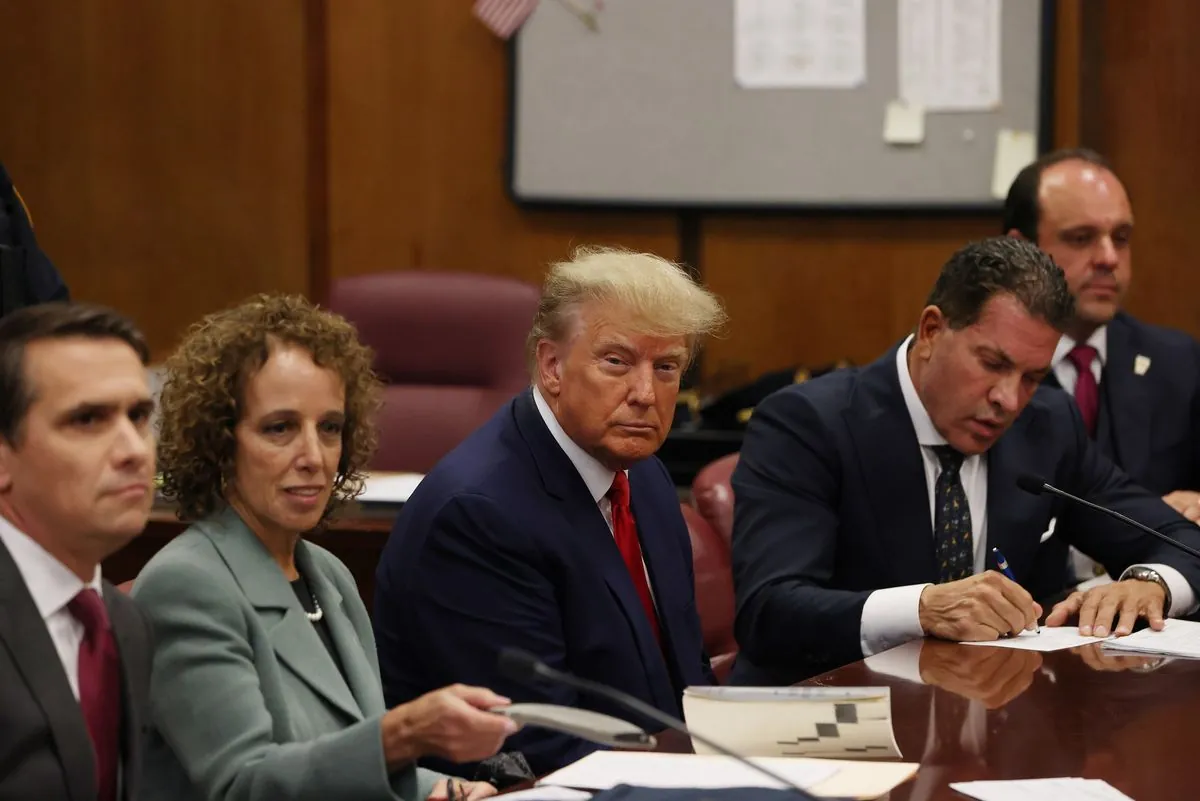Donald Trump has accused the Department of Justice (DOJ) of violating its pre-election practices following a significant filing by special counsel Jack Smith in the ongoing election interference case. The former president's claim, however, has been met with skepticism from legal experts who argue that the filing was both necessary and mandated by court orders.
The controversy stems from a 165-page document submitted by Smith's team, responding to a landmark Supreme Court ruling from July 2024 that expanded the scope of presidential immunity. This ruling, issued by the nine-member court established in 1935, left it to lower courts to determine which parts of the federal election interference indictment against Trump were not covered by immunity and could be prosecuted.
U.S. District Court Judge Tanya S. Chutkan subsequently requested a brief from prosecutors, prompting Smith's team to explain in detail the evidence collected against Trump. This included a notable anecdote where the former president allegedly responded "so what?" when informed of the violence unfolding at the U.S. Capitol on January 6, 2021.
Legal experts argue that Smith's filing complies with court orders and deadlines, making it fair game despite its proximity to the upcoming November 2024 election. The DOJ's unofficial "60-day rule" or "90-day rule," which is not binding law, generally advises against taking public steps in politically related cases close to an election. However, experts note that once a case is before a judge, prosecutors must follow the court's schedule, even if it coincides with an election period.
"FOR 60 DAYS PRIOR TO AN ELECTION, THE DEPARTMENT OF INJUSTICE IS SUPPOSED TO DO ABSOLUTELY NOTHING THAT WOULD TAINT OR INTERFERE WITH SAID ELECTION. THEY DISOBEYED THEIR OWN RULE IN FAVOR OF COMPLETE AND TOTAL ELECTION INTERFERENCE. I DID NOTHING WRONG, THEY DID!"
The case against Trump, initially filed in August 2023, includes four counts related to election interference. It was temporarily halted when Trump argued for complete presidential immunity from prosecution, leading to the Supreme Court's unprecedented decision to address this legal question.
Interestingly, Trump's stance on pre-election legal actions has not always been consistent. In October 2016, he capitalized on then-FBI Director James B. Comey's announcement of reopening an investigation into Hillary Clinton's use of a private email server, just 11 days before the presidential election.
Smith's recent filing provides more extensive details than the previous indictment, describing how numerous individuals, including Vice President Mike Pence, party and state leaders, and Trump's own campaign officials and lawyers, informed him that there was no evidence of a stolen election. Despite this, the filing alleges that Trump continued efforts to overturn the result.
The future of this case remains uncertain and largely dependent on the outcome of the November 2024 election. If Trump loses, legal experts warn that it could take years for courts to settle questions around what can be prosecuted and whether the case can proceed to trial. Conversely, if Trump wins, he is expected to order his Justice Department to drop the case entirely.
As this legal battle unfolds, it serves as a reminder of the complex interplay between presidential powers, judicial processes, and electoral politics in the United States. The case continues to test the boundaries of presidential immunity and the justice system's ability to navigate politically charged investigations.
